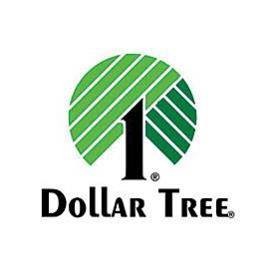The United States Federal Trade Commission (FTC) has approved Dollar Tree's $9.2 billion acquisition of the Family Dollar store chain, although the corporate buyout includes the condition that it must sell 330 stores in order to avoid anti-competition issues. The corporate acquisition will likely be a done deal by Monday, and makes Dollar Tree the U.S.'s biggest discount retailer.
The FTC released a list of store locations that Dollar Tree is required to sell to prevent a near monopoly in certain U.S. neighborhoods. That includes 5 Pittsburgh dollar stores, according to Pittsburgh Post-Gazette.
Dollar Tree has offered to sell the 330 shops to the private equity firm Sycamore Partners, which would rename the stores as Dollar Express. It has 150 days to complete the sales after Dollar Tree closes the deal with Family Dollar, according to RTE.ie.
Debbie Feinstein is director of the FTC Bureau of Competition. She said Thursday in an announcement about the settlement with Dollar Tree that it will create more competition among local dollar stores.
North Carolina-headquartered Family Dollar has over 8,000 locations throughout the U.S. Meanwhile, Virginia-based Dollar Tree has over 5,200 stores.
Dollar Tree earned the buyout after winning a bidding war with Dollar General, a Tennessee-based 11,500-store chain. The latter has nearly one-third more locations than the former. Thus, industry experts were concerned that a successful bid would have resulted in a bigger sell-off of Family Dollar stores.
Dollar General's bid was actually over $1 billion higher than Family Dollar's offer. However, Dollar Tree noted that antitrust issues prevented it from hashing out a deal with the former.
After its acquisition, Dollar Tree will have 13,000 stores throughout the U.S. and Canada. Over $18 billion in annual sales will leapfrog the company past Dollar General, America's discount retailer king.
The main function of Family Dollar's buyout of Family Tree was to counter the competitive edge of Wal-Mart and Dollar General. It sells a wide variety of products such as greeting cards, gifts, and party goods. All items have a maximum $1 price tag.



























